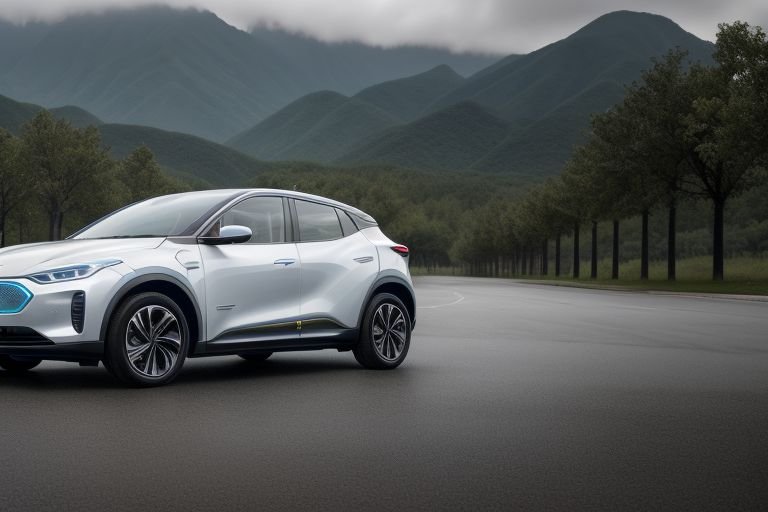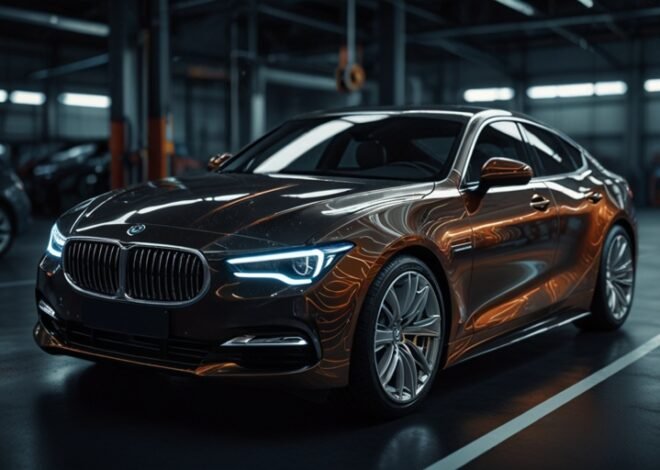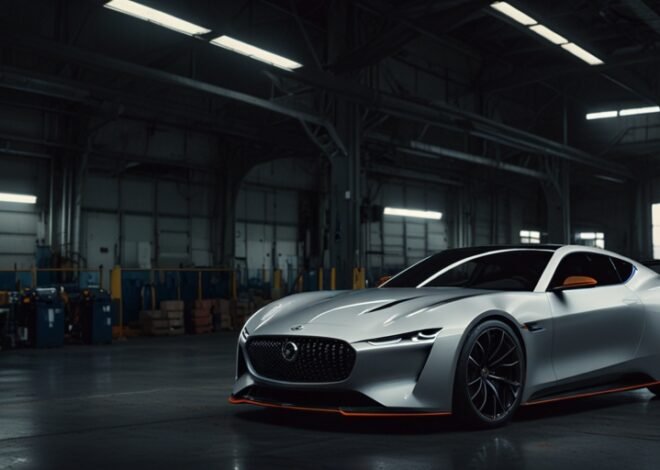
Chinese Electric Vehicles Lead the Charge in Q2 2024
It is important to highlight that the global market of electric vehicles or EVs in the second quarter of 2024 was charged up like never before in major markets.
As industry analysts have found the latest data, the market share of electrified vehicle increased to new level and now it is more than one third of the sales volume, 37% of which are battery electric vehicles (BEVs), plug-in hybrid electric vehicles (PHEVs), or hybrids in the key markets. This is an improvement from the 30% recorded in the same period of 2023, pointing to growth in electrification in the automotive business.
China remains the leading market for EVs record a remarkable 98% increased PHEV sales over the second quarter of the year 2023. In the area of PHEV sales, China for the first time achieved the sales of over one million auto units in one quarter, evidencing the country’s role of the leader in the market of electric vehicles. This has not only helped the domestic market growth, but contributed 21% YoY increase in global EV Sales in Q2 2024.
Thus EVs sale share increase took its toll on ICE vehicles, which saw their sales contract by 9 % during the same period. This trend is so realized through shifting demand patterns from consumers and the effect of favorable government policies towards the reduction of carbon emission in the transport subsector.
Infact Europe and United States though have followed the world trend in the adoption of the EV’s they have done it at a slower pace than what is being exhibited by China. Nonetheless, the prospects for further growth of e-car sales both markets remain promising, as the choice of models is constantly expanding, charging facilities’ availability is increasing, and incentives remain available in many regions.
More to the point, while the electric vehicle revolution is no longer limited to developed nations only. As affordable electric models are introduced into new markets, the developing economies including Thailand, India, Turkey, and Brazil among others register the highest EV sales. With this sort of sales growth in emerging market countries, there is a clear indication that there is a global switch in the energy system to electricity in the supply of power for vehicles and that EVs are now within easy reach of more consumers.
This rise of EV’s has also influenced the automotive value chain especially in the battery segment. Recently there has been a high demand for lithium-ion batteries and this has led to an expansion of the battery production capacity globally.
This growing demand is also forcing battery manufacturers to potentialize their innovations by seeking to increase energy density, lower costs and make battery production more sustainable.
Nevertheless, it is also worth mentioning that the development of the EV market has its problems. Some automakers have recently revised their EV plans downwards due to issue of sustainability and the rate of growth of charging hardware. Also, the supply chain challenges are a persistent problem for the industry especially when addressing the supply of minerals that are vital in making batteries.
Nevertheless, speaking of the overall tendency of the market of EVs, it can be stated that its further development is characterized by positive tendencies. The ongoing advancements in battery technology and growth in the scale of production are also expected to reduce the cost differences that EVs have with ICE vehicles and thus increasing the rate of adoption.
The transition towards EVs is also posing a range of influence on energy markets and policies as well as on environmental. The government and utility companies are now facing the challenge of increasing and strengthening the power distribution grid so as to accommodate the increasing number of EVs on road besides the challenge of ensuring that the electricity used to charge these vehicles is clean and sustainable.
Some undeniable trends in the modern auto market also speak about increasing dominance of electric vehicles which are no longer could be considered as exotic in car markets around the world. More advancements in technology coupled with bearable policies it can be clearly seen that the shift towards EVs is set to continue and usher in the new era in transportation in the not so distant future.


